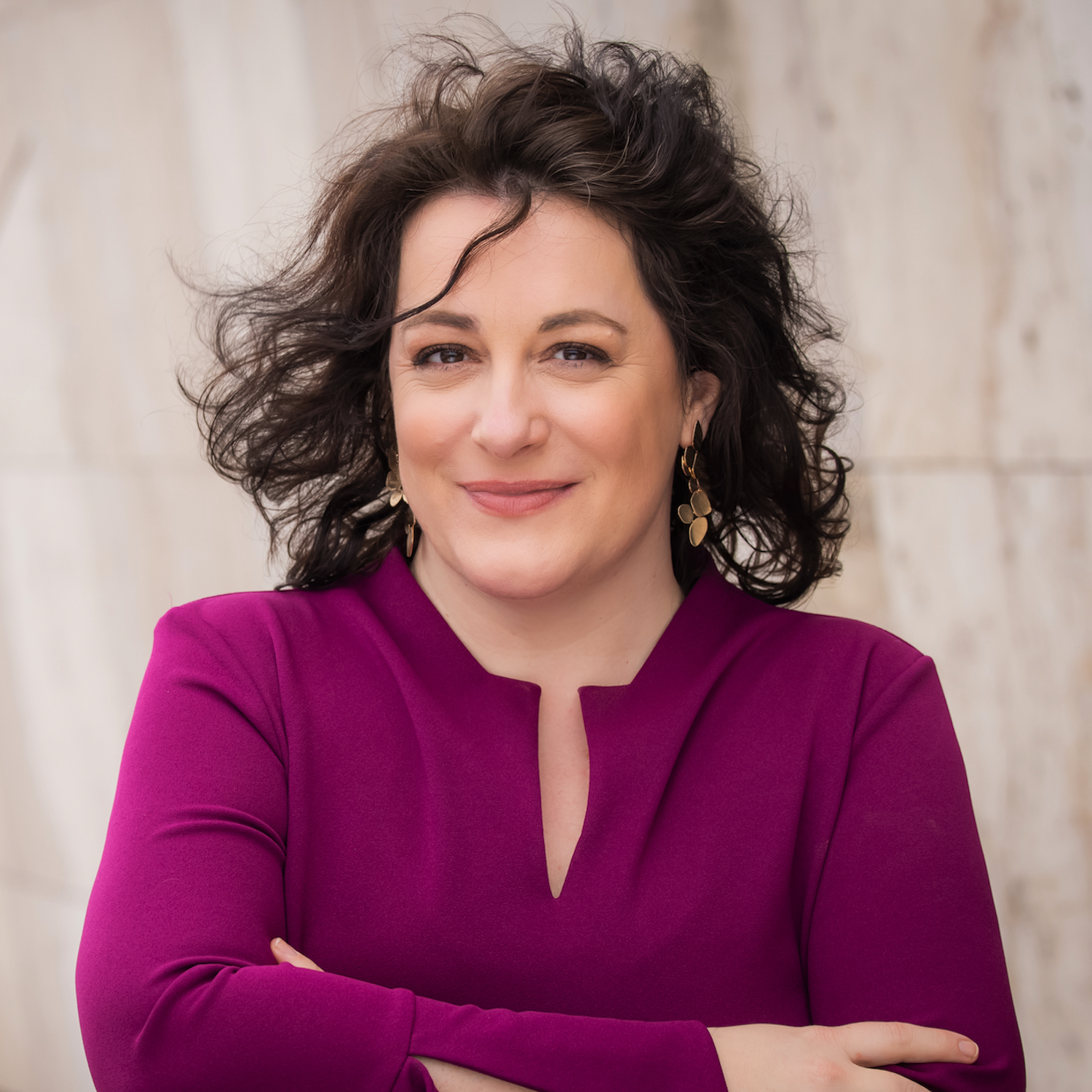

Judit Varga
*12 January 1979
Works by Judit Varga
Biography
Judit VARGA (born 12 January 1979 in Győr – ) is an Erkel Ferenc Prize and Béla Bartók - Ditta Pásztory Award winner composer, pianist and university lecturer.
She is known for contemporary classical music compositions as well as for composing for motion pictures and theatre pieces. Since 2013 she has been teaching composition and applied and film music at the Franz Liszt Music University in Budapest. From October 2019 she is Professor of Media Composition at the University of Music and Performing Arts Vienna.
Judit Varga works with orchestras and ensembles from all over the world, including Ensemble Modern, BBC Symphony Orchestra, Vienna Radio Symphony Orchestra, Ensemble Kontrapunkte, Riot Ensemble London.
The Hungarian State Opera performed her opera Szerelem (Love) in 2016/17. The opera received outstanding positive reviews in international professional magazines.
In 2014 Judit Varga received the “Best Music” award from the Austrian Film Academy for her soundtrack to the cinema production “Deine Schönheit ist nichts Wert”.
The two primary platforms of her studies and work are Vienna and Budapest.
About the music
No matter whether a love drama reaches its climax in the opera or a teenage drug excess leads to a gruesome crime in a TV thriller: Judit Varga is artistically in her element in both cases when she takes on the task of filling these scenes with music. Just as she is able to elicit a wide range of moods and tonal variety from a single instrument or a small ensemble by utilising the most up-to-date playing techniques, she loves to use this skill in the interplay of a large orchestra, whose immeasurable possibilities she knows how to master with astonishing ease.
The apparatus can hardly be large enough for her to develop her imagination, as in her vital and barely five minutes long Around a Roundabout (2020), composed for the ORF Vienna Radio Symphony Orchestra Vienna, and in Landslide (2020/21), a commission for the Hungarian Radio Symphony Orchestra. Methodologically, she pursues ideas in this work that deal with the attempt to make kinetic energies and anamorphic images auditorily visible, as is the case in other recent pieces, such as Black & White. Kinetic Loop for String Orchestra (2018) and the two trios Anamorphoses 01 and Anamorphoses 02 (both 2019). Judit Varga has the ability to express herself convincingly in any task she takes on. In further development of minimalist ideas, recurring patterns in the sense of loops play an important role in all of her works. In her case, these do not follow rigid systematics, but are a playful approach in which she challenges the time and tempo perception of her audience. Early works in which this can be traced include the second movement of the Kammerkonzert for clarinet and ensemble (2003/04) and 13 Lieder for a Looped Bass Clarinet (2005). Something similar occurs in Escapex2 for cello and piano (2019) and plays a prominent role as an element in the opera Mikveh (Eszter Orbán after Hadar Galron, 2020/21).
In general, Varga's aesthetic positioning shows a range in which she takes up the classical tradition just as much as she deals with the most diverse tendencies and experimental currents of the 20th century, examines them for their meaningfulness as a component of her own sound language and organically appropriates or rejects them accordingly. In an open approach to the discovered historical material, she does not shy away from picking up quotations or forming stylistic allusions to colleagues important in music history and familiar to her. One will recognise the timpani part from Brahms' "Ein Deutsches Requiem" as well as the chorale "Es ist genug" from Bach's cantata BWV 60 in the orchestral work ...alles Fleisch... (2013), which she dedicated to the memory of the flutist Zoltán Gyöngyössy, while in the short piano trio Blumenstück (2019) she shapes a memory of her late teacher Iván Eröd. In Variazioni con tema (2020) for piano and ensemble, serious allusions to Beethoven appear alongside whimsical, thoroughly humorous homage-like sequences, thus forming a very individual message for the anniversary year.
All this makes Judit Varga's music seem both familiar and, in a timeless way, modern. It is precisely her approach, which for many is unexpectedly natural, that prompts experts to respectful, surprised appreciation and causes appeal among her audience, since they do not find themselves confronted with unsolvable problems over trenches of complex construction, but see themselves invited by her to a thoroughly challenging, but always rewarding encounter.
Christian Heindl
Translated by UE
